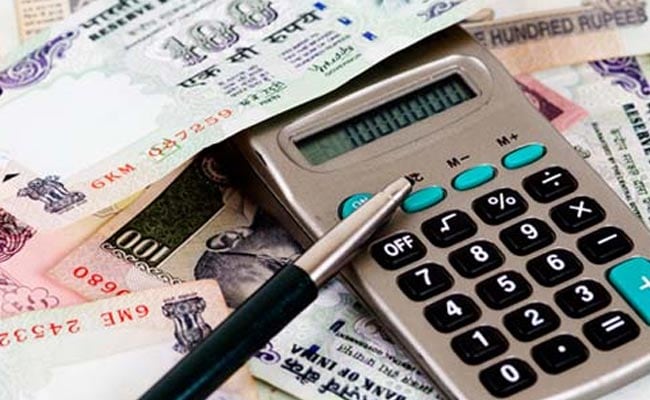
Employees can draw gratuity of up to Rs 20 lakh tax-free, the government said today after a proposed law empowering it to fix the amount was passed in parliament with cross-party support. The move, which doubles the tax-free cap from the existing Rs 10 lakh, will benefit millions of employees in the public and private sector companies. The Payment of Gratuity Act will allow the government to raise the limit and also fix the period of maternity leave.
Here are the top 10 facts on the Payment Of Gratuity (Amendment) Bill:
The Payment of Gratuity Act was passed by the Lok Sabha last week and was approved by the Rajya Sabha today without discussion. It will become law after the president's sign-off.
Employees are paid gratuity if they have worked for at least five continuous years at the time of leaving their job.
The amount of gratuity depends on two factors - the basic on the last salary and the number of years of service in the organization.
Current rules on payment of gratuity apply to companies that have 10 or more workers.
The proposed law empowers the central government to notify the period of maternity leave eligible for qualifying as continuous service and determine the amount of gratuity for women employees.
A 1961 law was amended to increase the maximum maternity leave from 12 weeks to 26 weeks. The new law removes the reference to 12 weeks and empowers the government to fix the maximum maternity leave.
The current law says the maximum gratuity cannot exceed Rs 10 lakh. The proposed new law cleared by parliament today removes that limit.
The gratuity law will help people working in the private and unorganized sector.
The government, after the 7th Pay Commission recommendations, had already raised the tax-free limit on gratuity to Rs 20 lakh from 2016.
The Gratuity Bill also allows the government to notify the period of maternity leave eligible for qualifying as continuous service and determine the amount of gratuity available to women employees.

